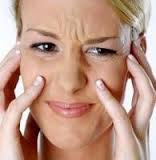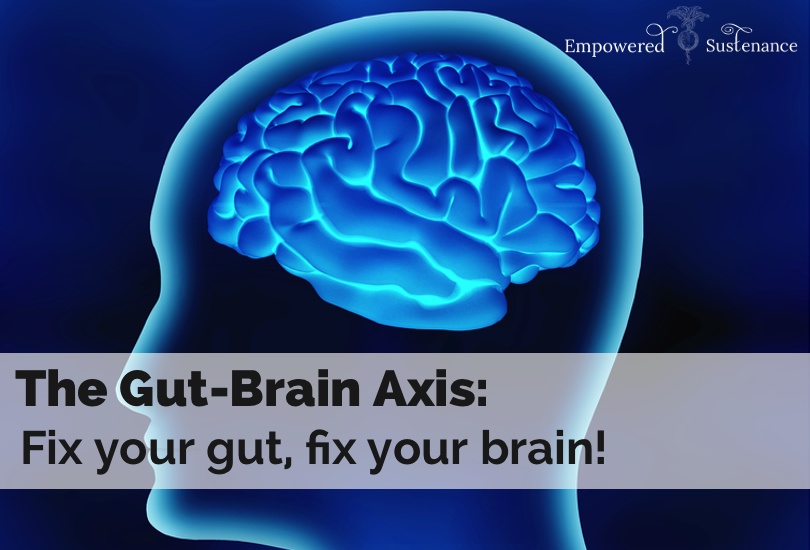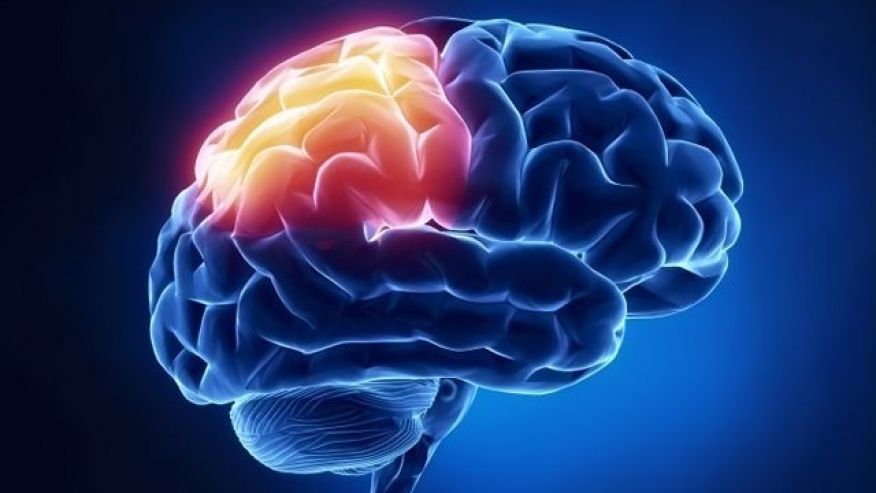Stress management guidelines for health perfection

Stress management guidelines for health perfection goes a long way in solving many complications including sexual health
Stress management guidelines for health perfection: The natural ways of dealing with stress
Because of the magnitude of what stressful life can do to your health, it is only reasonable that precusions are taken before things get out of hand. And in order to do things right, doctor Dalal Akoury MD and also the founder of AWAREmed Health and Wellness Resource Center is making the following suggestions that you can adopt as part of your stress management guidelines to help you unwind, de-stress, and get back the full control of your emotional state:
The first most thing to do is to try figuring out what’s causing your stress symptoms. Maybe you are overextended (too many commitments) and feel fatigued and irritable. Once you identify the sources of stress, try to minimize these as much as possible.
Sharing out problems
It is said that a problem share is half solved. This can be very helpful, talk to somebody about what is happening in your life. Sharing with a friend, family member or a therapist if your stress level is too high is very essential. Remember that by getting your feelings out without being judged by others is very crucial to good mental health.
Before you reach your breaking point, take time out for solitude. Take time to nurture yourself, away from the cares and responsibilities of the world. Find time for inner strength and emotional healing and always remember never hesitate to say “no” before you take on too many commitments. Especially if you are balancing work and family, it’s important to prioritize. Saying “no” can help bring your stress to a manageable level and give you more control over your life.
Stress management guidelines for health perfection: Try exhaling
Breathing can measure and alter your psychological state, making a stressful moment increase or diminish in intensity. Often, people who are anxious or upset take shallow breaths and unconsciously hold them. By paying attention to your breathing, particularly exhaling during tense moments, you will feel more relaxed. Buy a bottle of inexpensive bubbles (in the toy section at most stores), and use it to learn how to exhale slowly. Breathing from your abdomen, blow through the bubble blower with a steady stream of breath. If you blow too hard or too softly, you won’t get any bubbles. But smooth, steady breaths will produce a nice flow of bubbles. Use this breathing technique (without the bubbles) when you are feeling stressed.
Stress management guidelines for health perfection: Exercise daily
Exercise is thought to increase the secretion of endorphins, naturally produced substances in the brain that induce feelings of peacefulness. Many studies show that exercise, along with the boosted endorphin levels, really does increase confidence and self-esteem and reduce tension. Exercise also acts as a displacement defense mechanism for those who are “stressed out.” What does that mean? If you’ve ever walked for several miles, you know how hard it is to think of your problems when your mind is focused on walking.
Stress management guidelines for health perfection: The natural ways of dealing with stress
http://www.awaremednetwork.com/






